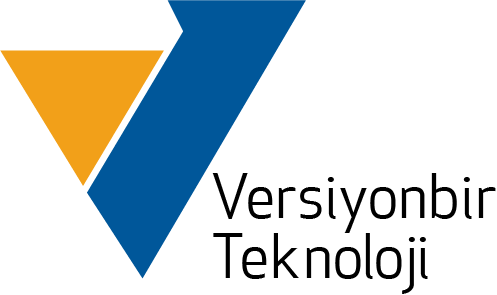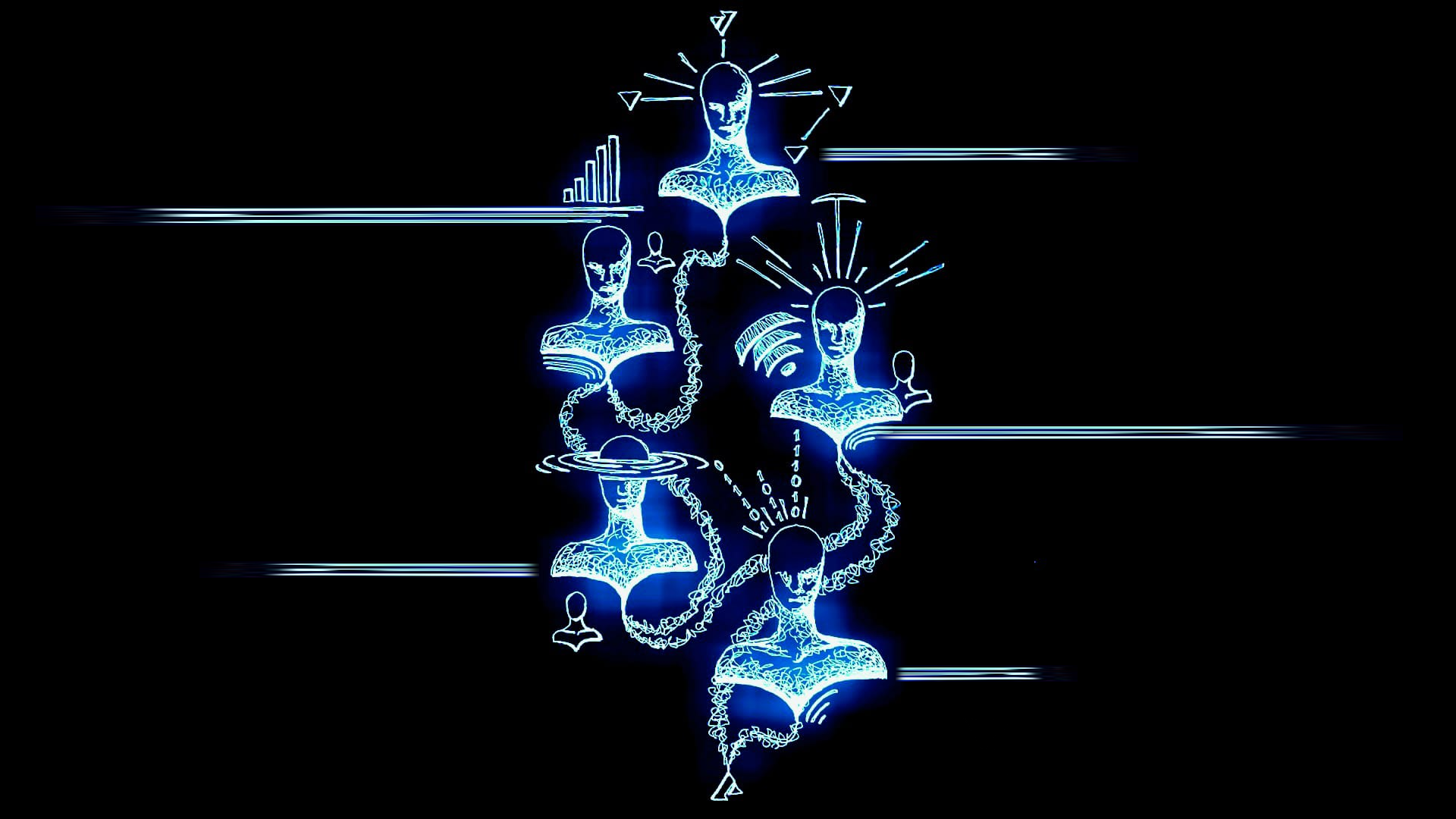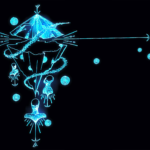In recent years, a new form of organization has emerged with the rise of blockchain technology and cryptocurrencies: Decentralized Autonomous Organizations or DAOs. DAOs are autonomous organizations that operate in a decentralized manner and carry out decision-making processes through community governance. In this blog post, we will explore what DAOs are, how they work, and their various types.
What is a DAO?
DAO stands for Decentralized Autonomous Organizations. A DAO is a structure that automates the management and operational processes of an organization through smart contracts or code. By eliminating the traditional centralized governance structure, a DAO autonomously makes decisions through community voting or within specific rules and protocols. The fundamental goal of DAOs is to ensure fair participation of community members in the decision-making processes. Community members can propose suggestions, finance projects, and contribute to the management of the DAO through voting systems.
How does a DAO work?
DAOs are built on blockchain technology. Smart contracts define the rules and operations of a DAO. Decisions and transactions within a DAO are based on the programmed logic embedded in smart contracts. The core component of a DAO is a smart contract that encompasses the organization’s laws and treasury. Once the contract is deployed on Ethereum, nobody can change the rules without a vote. If someone tries to do something that goes against the logic or rules in the code, it will result in failure. Additionally, the smart contract ensures the determination of the treasury, guaranteeing that no one can spend funds without the approval of the group. This demonstrates that DAOs do not require centralized leadership. Instead, group decisions are made collectively, and payments are automatically executed when votes pass. This is made possible due to the immutability and unchangeability of smart contracts after they are deployed on Ethereum. You cannot modify the code (the rules of the DAO) without the knowledge of the public.
Ethereum and DAOs
Ethereum is an excellent foundation for DAOs due to several reasons:
Ethereum’s consensus is distributed and settled enough for organizations to rely on the network.
The smart contract code cannot be altered even by its owners once it is deployed. This allows the DAO to operate within the framework of the written rules.
Smart contracts can send and receive funds. Without this capability, you would need a trusted intermediary to manage the group’s funds.
The Ethereum community has proven to be collaborative rather than competitive, allowing the rapid emergence of best practices and support systems.
For example, let’s imagine a proposal for funding a project in a DAO. Community members can make decisions on this proposal through a voting process. The voting process, based on the voting rights of token holders who own the DAO, follows the established rules and mostly relies on majority voting. The smart contract automatically processes the voting results and releases the necessary funds for project financing.
Types of DAOs
DAOs can be created for various purposes and exhibit different structures and characteristics. Here are some popular types of DAOs:
Investment DAOs: Investment DAOs are autonomous organizations where community members come together to invest in cryptocurrencies and manage portfolios. Community members decide on which projects to invest in and manage the DAO’s funds.
DeFi Protocol DAOs: Many Decentralized Finance (DeFi) protocols operate as DAOs. These DAOs utilize smart contracts for lending, providing liquidity, leveraged trading, and other financial transactions. For instance, a DAO can create a liquidity pool by asking community members to lock their assets in the pool and receive liquidity tokens in return. This enables liquidity providers to participate in the execution of transactions and the management of the protocol.
Art and Culture DAOs: DAOs continue to evolve in the field of art and culture. These DAOs are created to support the collection of art or finance art projects. DAO members can vote on decisions such as which artworks to invest in and organize exhibitions through voting processes.
Governance DAOs: Governance DAOs are created to govern other DAOs or protocols. These DAOs enable token holders to vote on protocol changes, proposals, and other governance operations. These are just a few examples, and the number and variety of DAOs are rapidly increasing. Each DAO can be designed to serve a different purpose and meet the needs of a specific community.
Collaboration DAOs: Collaboration DAOs are organizations where community members come together to develop a particular project or achieve a specific goal. These DAOs aim to manage and successfully complete projects by pooling participants’ skills and resources. Collaboration DAOs offer structures where members assume different roles and responsibilities and receive token-based contributions.
DAOs are a new form of organization that operates through decentralized, autonomous, and community-based decision-making processes. They provide secure and transparent operations among communities through blockchain technology and smart contracts. DAOs are an emerging trend that is expected to become even more widespread, impacting various sectors such as investment, finance, art, and many more in the future.



